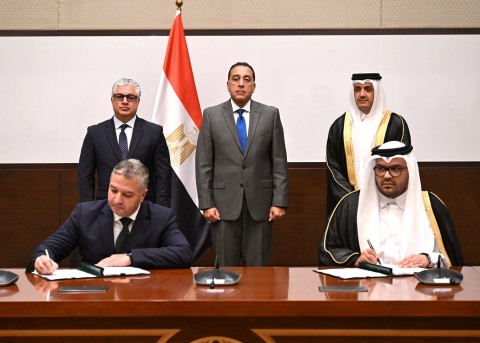Lawmakers shouted down Tanzania’s energy minister as he tried to open a debate on what they called rushed reforms to the petroleum and gas sector on Friday, forcing the speaker to abandon the session.
Television footage showed opposition politicians breaking regulations by standing up and yelling, underlining the heated political atmosphere around the east African country’s still largely untapped resources.
The government says the legislation will create a legal and regulatory framework to manage discoveries of gas – reserves are estimated at 55 trillion cubic feet – and oil.
A copy seen by Reuters sets out royalties and other payments that energy companies will have to pay to the government. A parliamentary official told Reuters the government still hoped to pass the bill this weekend.
Opposition lawmakers called for the legislation to be withdrawn to give industry players and non governmental organizations time to scrutinize it.
“We are concerned about the rushed process to pass these important pieces of legislation,” a group of Tanzanian NGOs said in a joint statement.
The 2015 Petroleum Bill seen by Reuters proposes a 12.5 percent royalty for oil and gas production in onshore or shelf areas and 7.5 percent for offshore output.
The government’s profit share from future oil production would range from a minimum of 50 to 70 percent depending on specific daily quantities of crude oil output in barrels.
The state’s share of profit on natural gas production would range from a minimum of 60 to 85 percent, pegged on specific daily gas output.
Companies would also be required to pay signature and production bonuses, but the bill did not specify the amount, saying it would be agreed under the terms of contracts.
The bill also proposes ring-fencing the recoverable cost of exploration and development licenses as well as the introduction of a petroleum fee to be charged on petroleum products.
It stipulates that oil and gas companies will be obliged to satisfy the domestic market in Tanzania from their proportional share of production.
The government is also hoping to get parliamentary approval for the Oil and Gas Revenue Management Act and the Tanzania Extractive Industries (Transparency and Accountability) Act.
Source: Reuters












